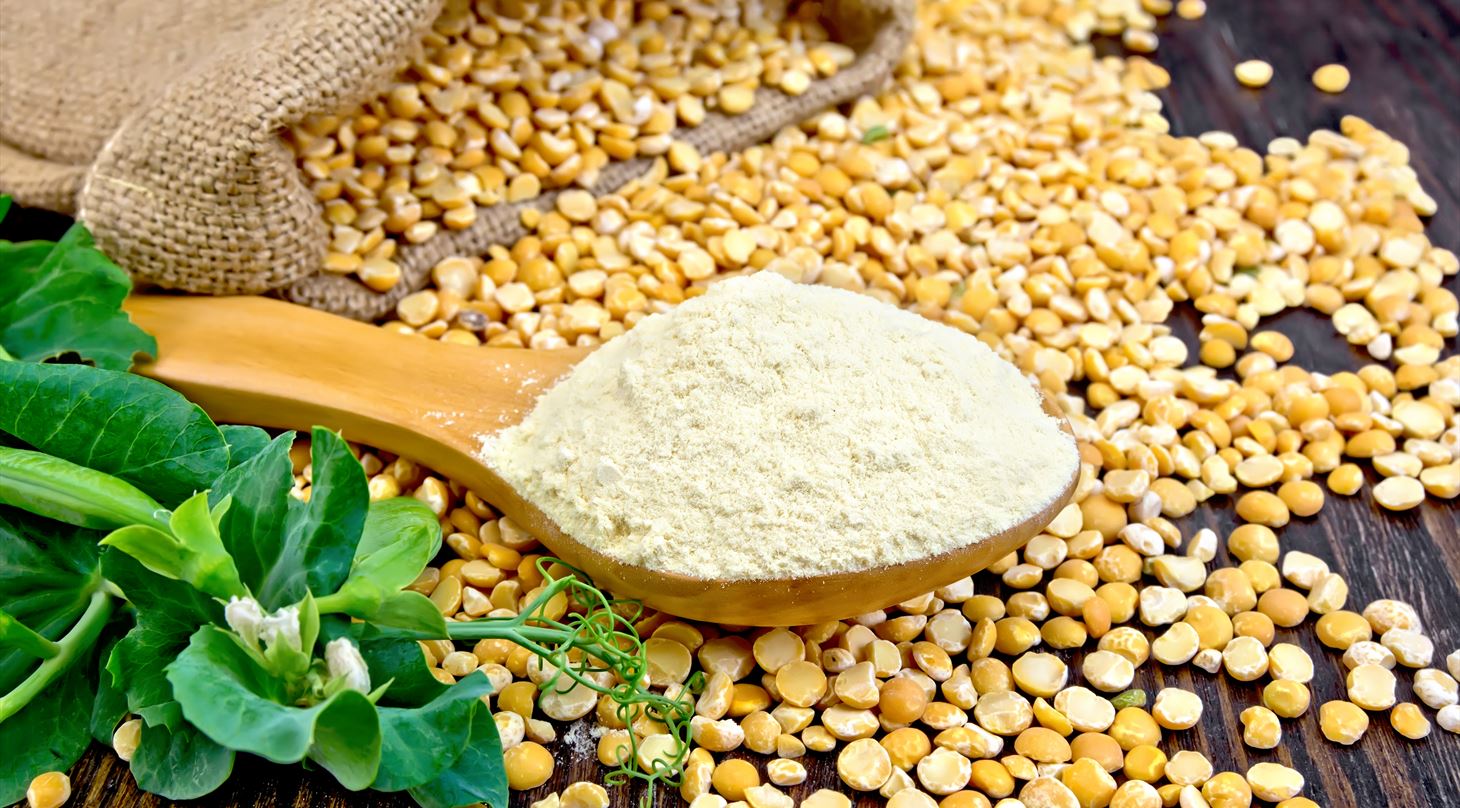
Precision fermentation
Fermentation is predicted to be a key player when it comes to the green transition and is also an important technology towards reaching our goal for CO2-reduction.
Precision fermentation has been described as one of the most important technologies to create, for example, a more sustainable feed and food industry, but also in relation to future medicine and fuel technologies.
The technology involves growing microorganisms that already exist in nature in large steel tanks. Proteins and food components can be produced here, which today are produced with animal husbandry and by using fossil resources. Many of the proteins used in the food industry today are produced from animals, which puts a significant burden on CO2 emissions.
Precision fermentation typically differs from other fermentations processes in that the microorganisms included have been designed for the purpose, e.g., using genetic modification in a laboratory.
In precision fermentation, microorganisms such as bacteria, fungi, microalgae, or yeast cells are used to produce various substances such as components for milk, meat, vitamins, cancer and malaria medicine as well as flavoring and aroma substances for food.
You can e.g., use precision fermentation if you want to produce a red color, and want to use the red color from beetroot. By choosing precision fermentation a large waste of beetroot can be avoided by producing the color with a yeast through the fermentation process rather than using the beetroot itself.